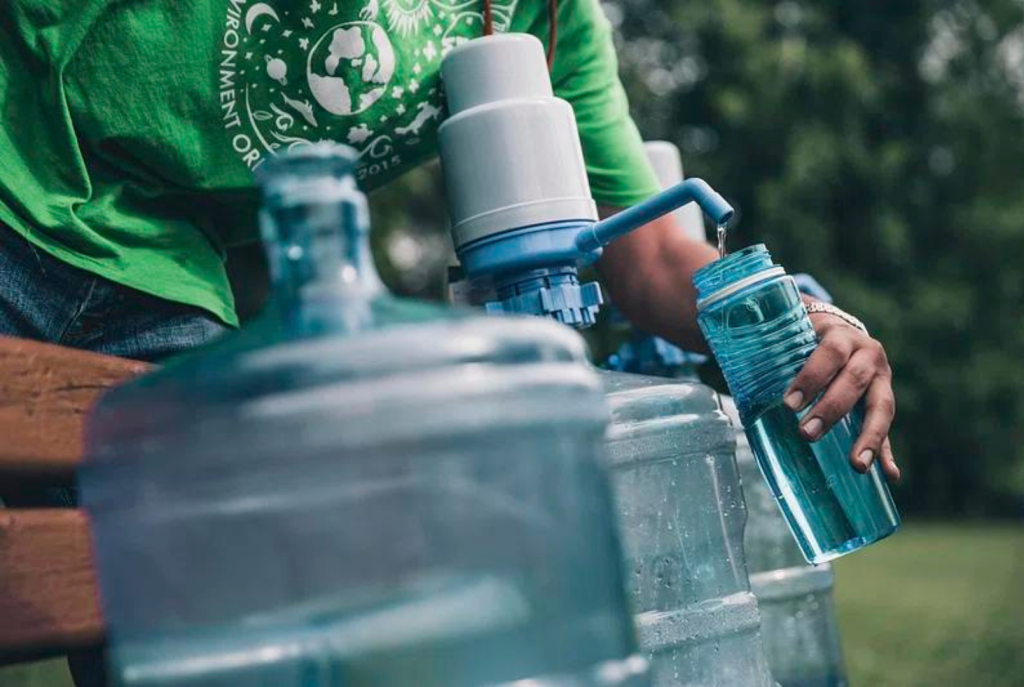
While staying hydrated is crucial for health, there’s a phenomenon called water intoxication or hyponatremia that occurs when someone drinks excessive amounts of water, leading to electrolyte imbalances and potentially fatal consequences. Recent incidents, including a nutritionist’s advice to actor Chris Pratt and a tragic case of a woman’s death due to overhydration, have brought this issue into the spotlight. Here’s what you need to know about water intoxication and how to stay hydrated safely.
Understanding Water Intoxication
Water intoxication, medically known as hyponatremia, happens when electrolytes, especially sodium, in the blood, become diluted due to excessive water intake. Sodium is vital for controlling blood pressure, nerves, muscles, and fluid balance. When sodium levels drop too low, it can lead to symptoms like confusion, headaches, muscle weakness, and even seizures or death in severe cases.
Rare but Serious
While water poisoning is rare and usually intentional, it can occur, especially among competitive athletes trying to hydrate excessively. The body can typically handle a slightly higher intake of water, but when taken to extremes, it can cause significant harm.
Preventing Water Intoxication
- Listen to Thirst Cues: For most people, letting your body’s thirst signals guide your water intake is safe. Your body has natural mechanisms to regulate water excretion.
- Monitor Urine Color: Light yellow to clear urine indicates proper hydration. If you find yourself urinating excessively (every 15 minutes), it might be a sign that you’re overhydrating.
- Be Mindful of Individual Factors: Your hydration needs can vary based on factors like activity level, sweat rate, body composition, and the environment. There isn’t a universal number of glasses to drink; it’s essential to personalize your intake.
- Avoid Excessive Water Consumption: Drinking water in excess, even though it seems harmless, can lead to water poisoning. Remember, anything in excess, including water, can be problematic.
While water intoxication is not a common occurrence in everyday situations, it’s vital to understand that excessive water intake can lead to serious health issues. Listening to your body’s cues and being mindful of your hydration levels are key to staying safe. Hydration is essential, but balance is crucial to maintain overall well-being.





